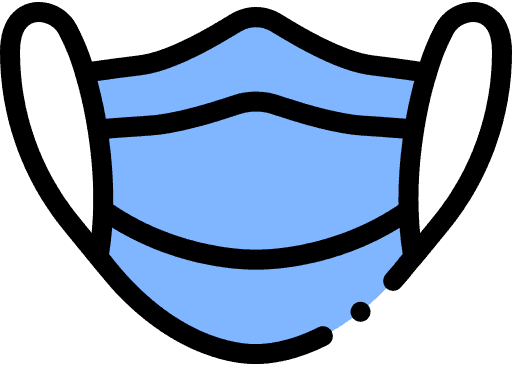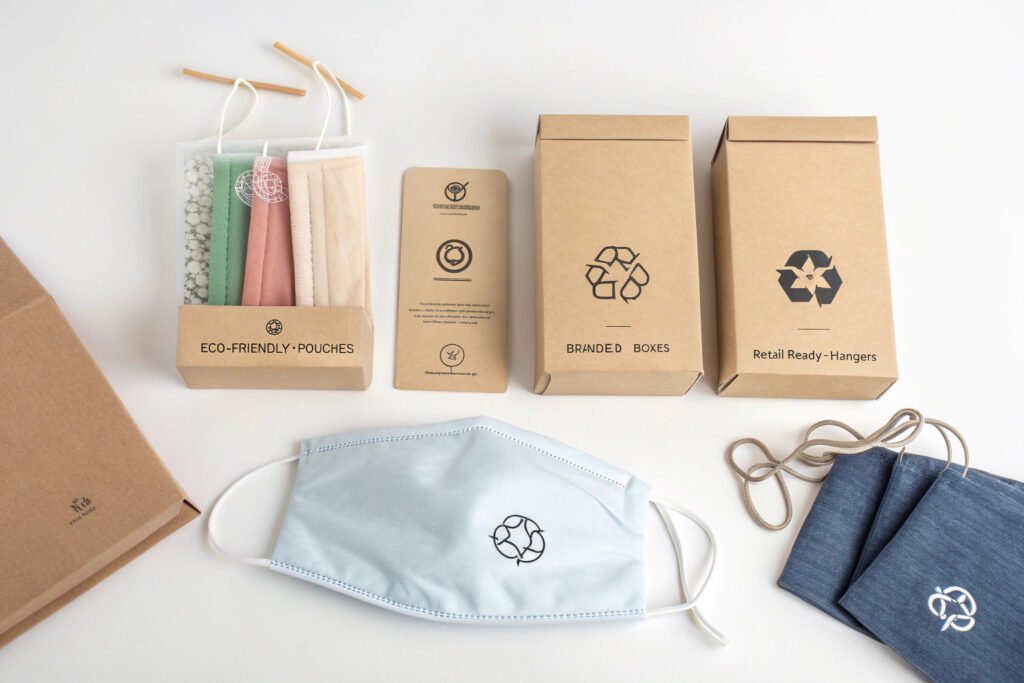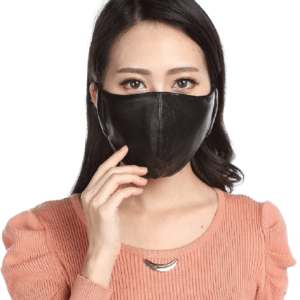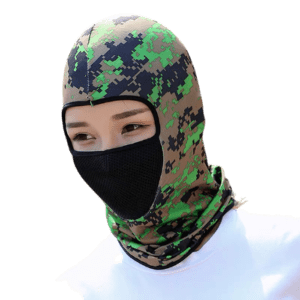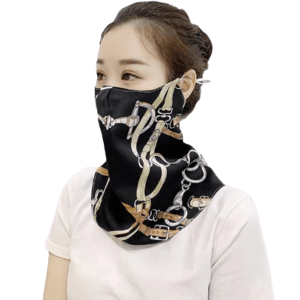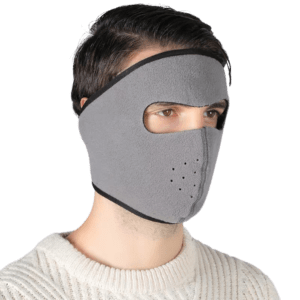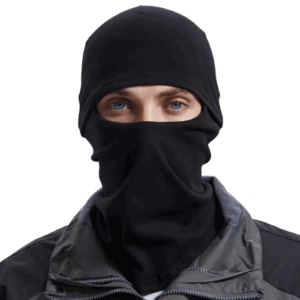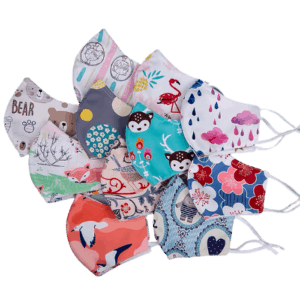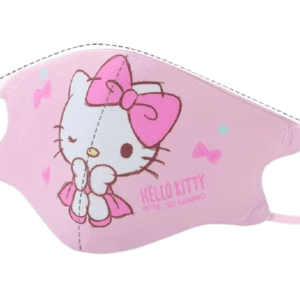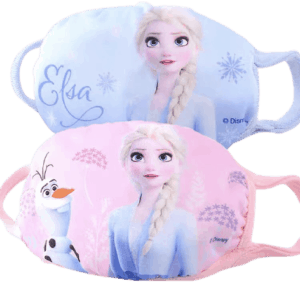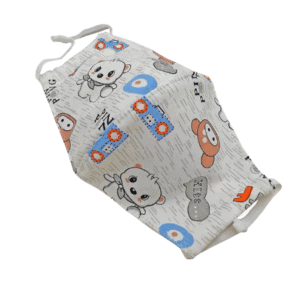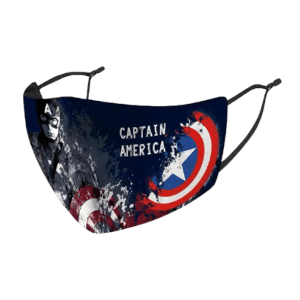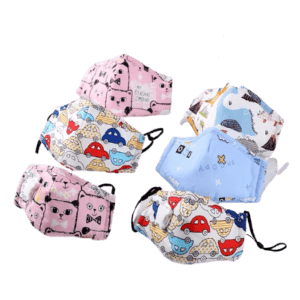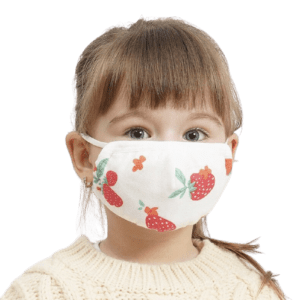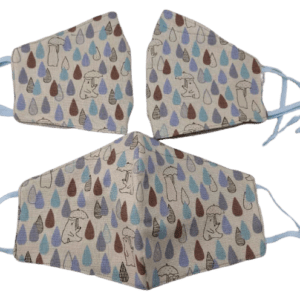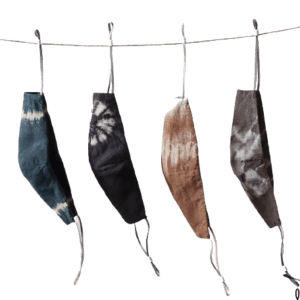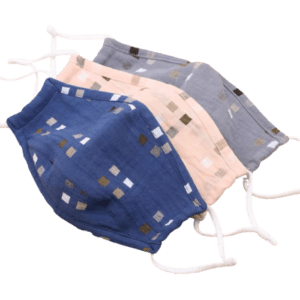With the rise of sustainable fashion and growing competition among reusable fabric mask brands, customized packaging has become more than just an afterthought. It’s now a powerful tool for brand storytelling, product protection, and enhancing shelf appeal. Whether you're a DTC eCommerce brand, an Amazon seller, or a wholesaler supplying to major retailers, your fabric mask packaging plays a crucial role in how customers perceive your product.
Custom packaging for reusable fabric masks can be sourced efficiently from China by partnering with experienced suppliers who offer integrated fabric mask and packaging solutions tailored to your brand vision, product specs, and logistics requirements.
When you choose the right packaging, you’re not just wrapping a mask—you’re wrapping value, sustainability, and trust. Below, we’ll guide you through the key considerations and top search strategies to find the right custom packaging supplier for your brand.
What Types of Custom Packaging Work Best for Fabric Masks?
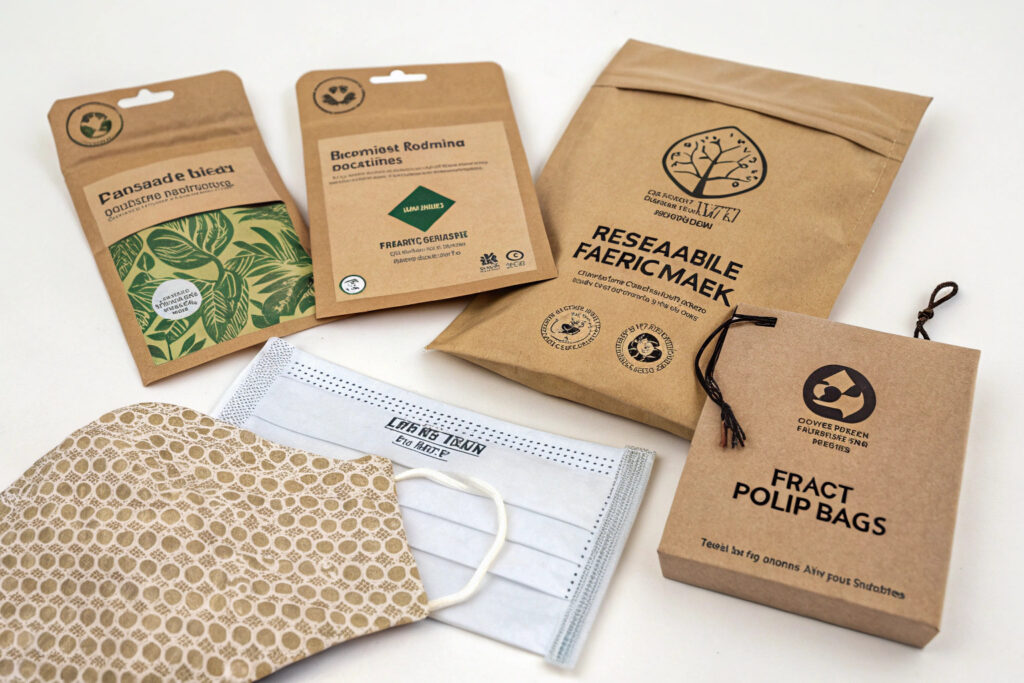
Should I Use Boxes, Pouches, or Polybags?
Choosing between these depends on your retail strategy. Pouches are often chosen for eCommerce due to their lightweight nature. They’re easy to store, seal, and ship. Kraft paper boxes, on the other hand, provide a premium unboxing experience for boutique or high-end brands. Transparent resealable polybags are common for bulk shipments or supermarket chains where visibility of the product is a plus.
Custom options range from biodegradable zip-lock pouches to cardboard tuck-end boxes printed with CMYK or Pantone color schemes. Packaging Digest reports that eco-friendly materials like sugarcane paper and PLA film are in high demand for sustainable packaging initiatives.
Also, consider adding barcodes, QR codes, and instructional illustrations to comply with US retail requirements. According to GS1 US, over 80% of retailers now mandate scannable packaging.
How to Ensure the Packaging Matches My Brand?
Your packaging should reflect your brand values—whether that’s minimalism, sustainability, boldness, or heritage craftsmanship. Work with suppliers who can offer mockups and dielines based on your product dimensions. Some Chinese packaging vendors offer AR previews or video sampling before mass production.
Don’t forget the small touches—like hot stamping, embossing, UV spot coating, or matte lamination. These features can elevate your mask’s perceived value. Platforms like PakFactory offer inspiration and guidance on how to apply these techniques effectively to textile accessories.
Where Can I Find Reliable Custom Packaging Suppliers?
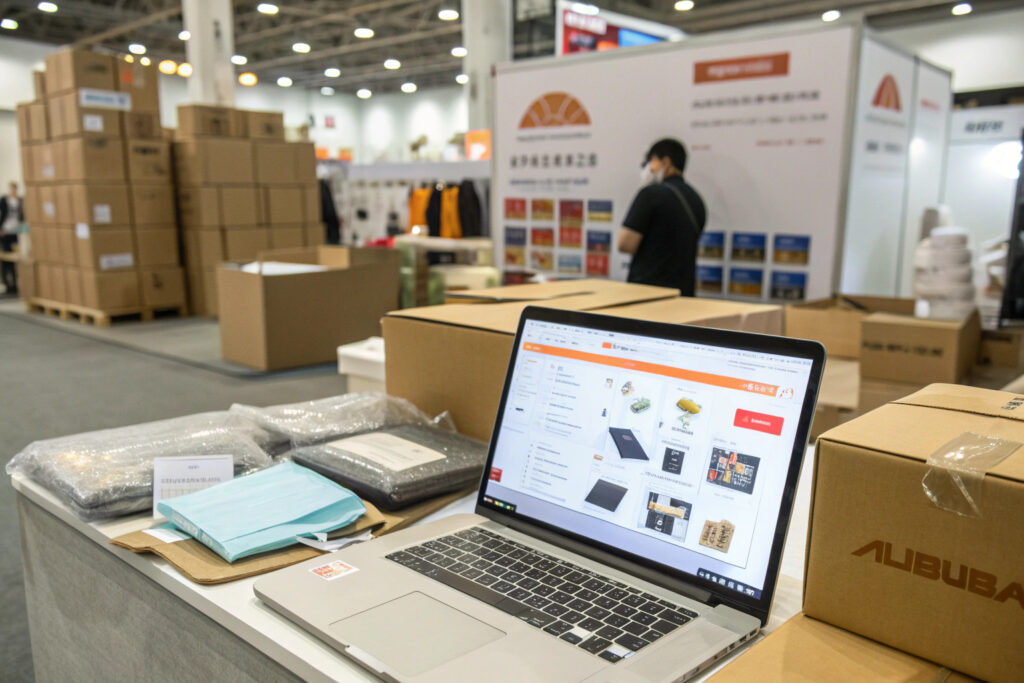
Is Alibaba the Best Starting Point?
Alibaba is a good starting point, especially when filtering for Gold Suppliers with trade assurance. You can narrow down suppliers who specialize in fabric mask packaging, rather than general packaging. Use keywords like “custom face mask packaging box,” “eco pouch for mask,” or “retail-ready mask packaging.”
Before contacting, check the supplier’s profile for factory photos, certifications (like FSC, ISO9001), and product-specific portfolios. Many reliable vendors also participate in major shows like the Canton Fair or Global Sources Expo. You can cross-verify their presence on those platforms through their Global Sources vendor profile.
What Should I Ask When Vetting Suppliers?
When shortlisting, ask for the following:
- MOQ for custom printing
- Sampling timeline and fees
- Whether they accept AI, PDF, or PSD designs
- Available material certifications (FSC, compostable, RoHS)
- Compatibility with international packaging regulations
Always request previous client references. A reliable packaging supplier will have worked with apparel brands and can share images or reviews. On platforms like Trustpilot, look up supplier reviews before proceeding to bulk production.
What Materials Are Best for Eco-Friendly Packaging?
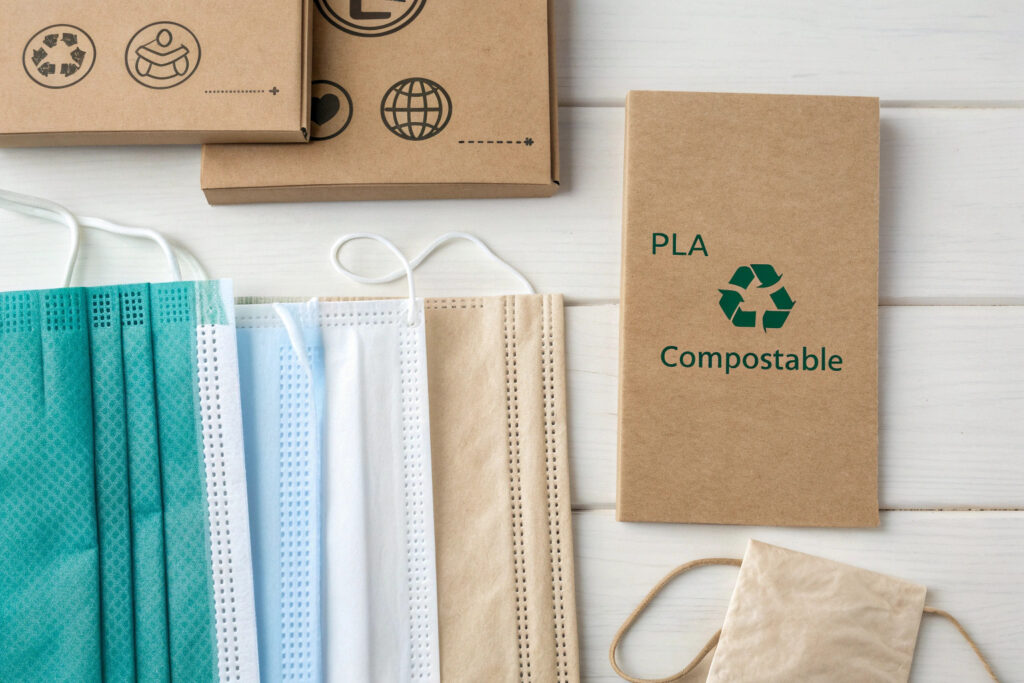
Are Kraft Paper and PLA Bioplastics Sufficient?
Yes. Kraft paper is biodegradable, recyclable, and easy to print on. PLA bioplastics are made from corn starch and offer a transparent look similar to conventional plastic, but are compostable under industrial conditions. They’re excellent for display packaging while still staying green.
Another option is RPET film, made from recycled plastic bottles. If your fabric mask is also made from recycled materials, using RPET packaging creates a unified sustainability message. According to Recyclenow, RPET can be reused multiple times before degradation.
Materials like stone paper, sugarcane bagasse, and cotton mesh drawstring bags are also trending among brands that want to tell a unique sustainability story. Choose suppliers who can provide life cycle assessments or carbon footprint disclosures.
How Do I Prove My Packaging Is Truly Sustainable?
Request certifications like:
- FSC (Forest Stewardship Council)
- OK Compost
- ISO 14001
- SGS Test Reports
Your customers are smarter than ever. They want proof, not promises. Platforms like TUV SUD provide third-party verification services for packaging sustainability claims.
In addition, you can include QR codes on your packaging that link to your sustainability efforts or carbon offset projects. That helps build transparency and customer loyalty.
How Can I Integrate Packaging with Logistics & Compliance?
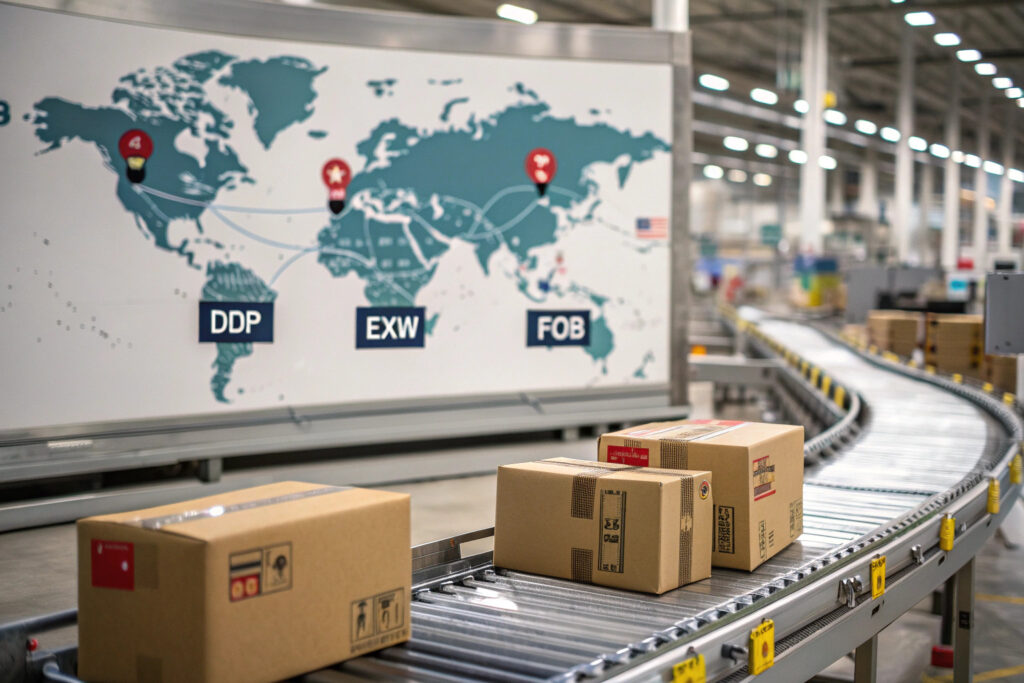
Will Custom Packaging Affect My Shipping Cost?
Yes, significantly. Dimensional weight (DIM weight) is calculated by volume, not just actual weight. If your packaging adds bulk, it can increase your freight class and raise the cost, especially for air shipments. DHL, FedEx, and other couriers use DIM formulas to bill eCommerce and B2B clients.
For bulk shipping, opt for flat-pack collapsible boxes or compressible pouches. Some Chinese mask suppliers like us offer packaging optimization services to ensure lower CBM (Cubic Meter) and thus lower shipping costs.
Sites like Easyship allow you to simulate how different packaging dimensions impact your logistics cost across couriers and incoterms.
How Do I Make Sure My Packaging Complies with U.S. Regulations?
The U.S. requires imported consumer packaging to meet labeling and safety standards. Fabric masks are considered general-use textile goods, and must include:
- Country of Origin
- Fiber content (for any included fabric)
- Manufacturer/Importer address
- Care instructions (if reusable)
For eco-claims (like biodegradable or compostable), you must comply with FTC Green Guides. Misleading environmental claims can result in penalties.
Consider working with suppliers who offer in-house regulatory compliance teams, or contract third-party inspection firms like QIMA to audit your packaging before shipping.
Conclusion
In today’s competitive mask market, custom packaging is not just an extra—it’s a core brand asset. From shelf-ready boxes to biodegradable eCommerce pouches, the right packaging helps tell your story, reduce costs, and meet compliance expectations.
If you're looking to streamline your reusable fabric mask production and packaging under one roof, we at Shanghai Fumao can help. Our integrated design, production, quality, and logistics service ensures your packaging reflects your brand’s values while meeting all international standards.
Contact our Business Director Elaine at elaine@fumaoclothing.com to start developing your custom packaging and mask solution today.
